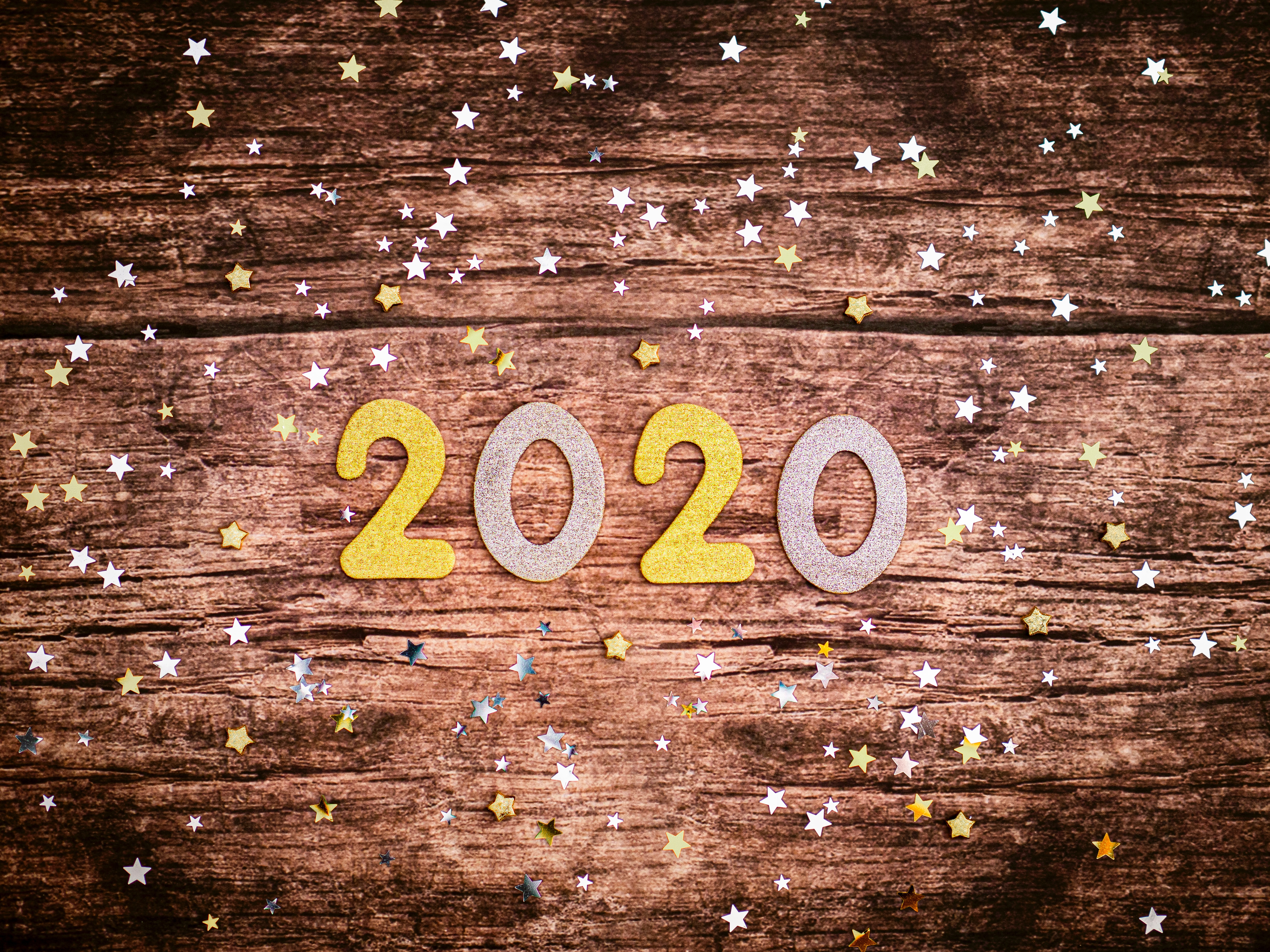2020 is just around the corner and there are ample blog posts filled with advice on how to keep New Year’s resolutions. For the vast majority of us, turning short-term goals into lasting change has its challenges. The truth is that it doesn’t matter whether you make a New Year’s resolution. What matters is your approach to change.
The key to lasting change is twofold: practice making wise decisions and learn to become a more intentional actor.
To that end, here are two important rules to guide you:
1. Become a student of how you actually make behavioral decisions.
How we think we make decisions and how they are actually made are often different. For example, emotion plays a large, often underestimated role in our choices.
Because many of us have indulged in drinking and eating to excess during the holidays, let’s use the example of setting a goal to eat healthier in the new year. By studying how you make decisions, instead of going on a diet, can you instead try to understand what emotions lead you to making unhealthy food choices? When you can’t eat whatever you crave, does it trigger a sense of deprivation?
And an even more interesting and effective question: When do you find that eating in healthy ways is rewarding?
By becoming curious about what informs your day-to-day decisions around food and drink, you can overcome tendencies that get in the way of making effective choices. This knowledge can empower you to make decisions over time that will lead to lasting change.
For example, it’s not uncommon that people who are trying to eat differently are vigilant about what they eat until the last hour or two before they go to bed. After 9:00 p.m. an entire day’s effort goes out the window. If this sounds familiar, can you commit to not eating after 9:00 p.m. until your healthier habits become more routine?
2. Practice moving through the experience of discouragement and stuck-ness.
Change almost never occurs without periods of stuck-ness and feeling as if you are backtracking. The internal experience of being stuck is generally frustration and discouragement. Perceiving the state of stuck-ness as a problem often encourages responses that make us more stuck. A common response is some form of a nihilistic ‘screw it’, finding a reason to not take responsibility for what we eat in response to frustration.
Being stuck is only a problem if you can’t move through it. What you do in response to feeling stuck influences your ability to persist in your goals over time.
To continue with the example of resolving to eat healthier, By recognizing your frustration, without dwelling on it, you can actually shift your experience of the stuck-ness. For example, you might simply state, out loud, ’frustrated!’. And then ask yourself, with sincerity, if there is one small step you could take to help you get distance from the state of disappointment. Becoming unstuck and moving through disappointment requires compassion and gentle persistence.
………….
Another way of recognizing the normalcy of backtracking is to acknowledge that change is not linear. While we know this on some level we often resist this truth. Once we recognize that making lasting change requires patience and persistence, we are better equipped to engage effective strategies during those challenging moments.
As a psychologist, I help others work toward their desired life changes. Like everyone else, however, in my own life what I know and what I do are sometimes different. I too get discouraged when I’m unable to be consistent in the changes I want to make. But the discouragement passes when I remember that change is an ongoing practice and not about reaching a one-time goal.
If you can be a more conscientious decision-maker, especially when you feel discouraged, you will set the foundation to act with greater intention more of the time, which ultimately leads to lasting change.


